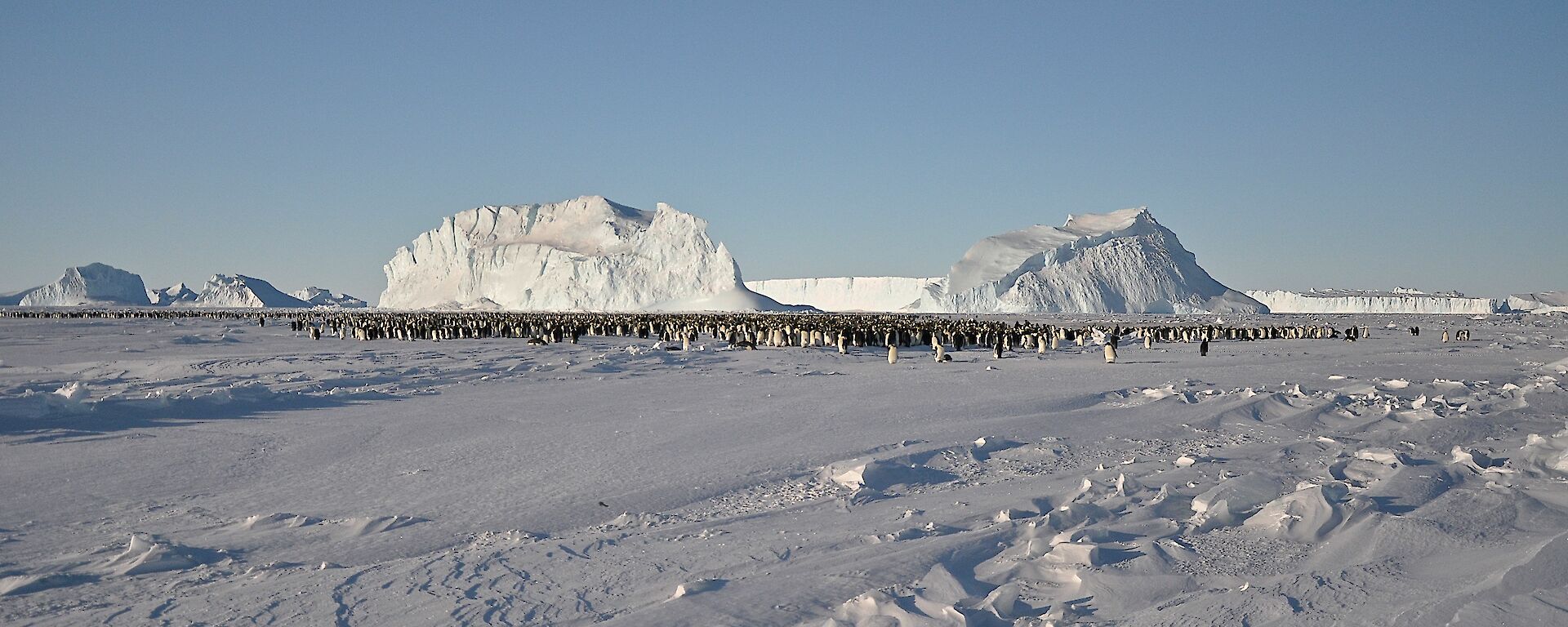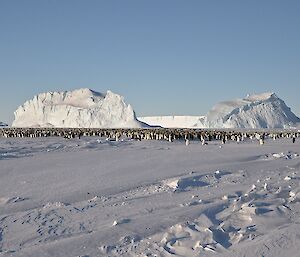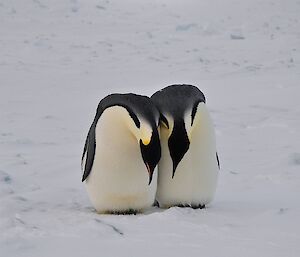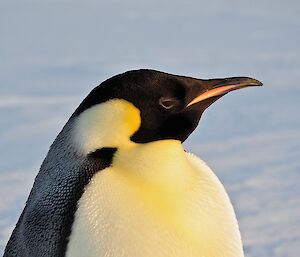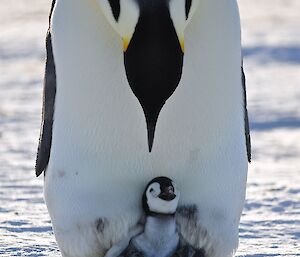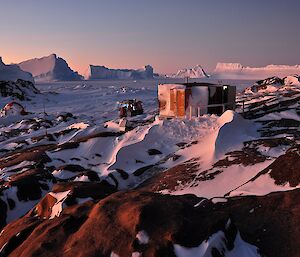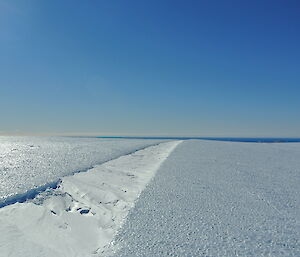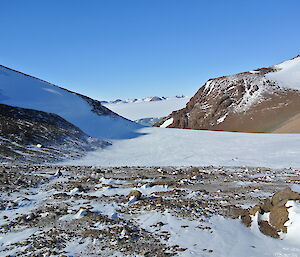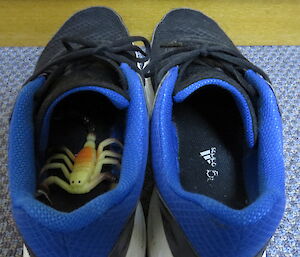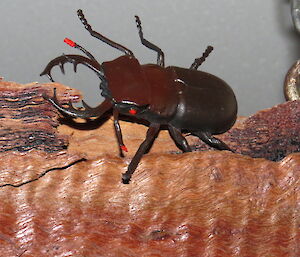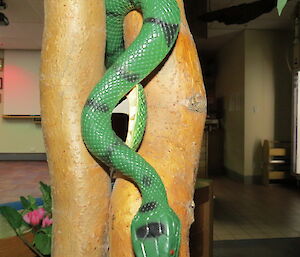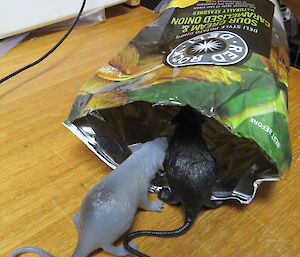At Mawson we are very fortunate to have an emperor penguin colony 54 kilometres northeast of us. There is a field hut on Macey Island, eight kilometres from the colony. It is a popular destination for recreation trips, especially through the winter months when there is no other wildlife around and the plateau’s weather is too extreme.
There is a strict policy of not approaching breeding penguins closer than 50 metres and this is not hard to comply with. However, the inquisitive nature of the emperors usually means groups of unattached birds soon have you surrounded. Even birds with chicks balanced on their feet are known to approach as if to show off their young. It is widely acclaimed as one of the most spectacular wildlife events in the world and we have the privilege of observing it over most of their breeding cycle.
Knowing the force and unrelenting merciless cold of the blizzards, the fact that they not only survive but breed through the long dark winter leaves you humbled in their presence. On returning from a trip to Auster you can’t wait to get back to see how the chicks are growing and be immersed in the sights and sounds of thousands of the most amazing survivors getting on with life. There aren’t enough superlatives to describe the experience.
A footnote to last month’s report on the Taylor penguin colony
The numbers are in and there are 2100 breeding pairs this year (give or take a few). It is good to know that they are up nine percent from last year but unfortunately, totals are still down 25 percent on the long term average.

